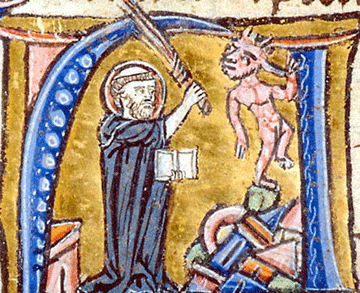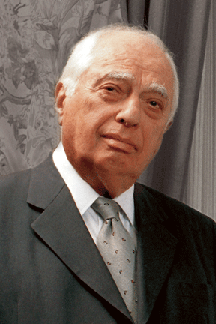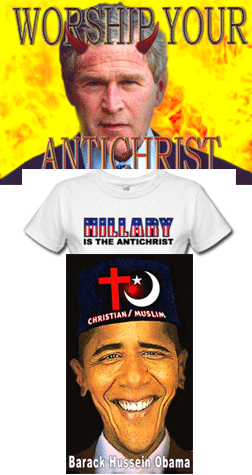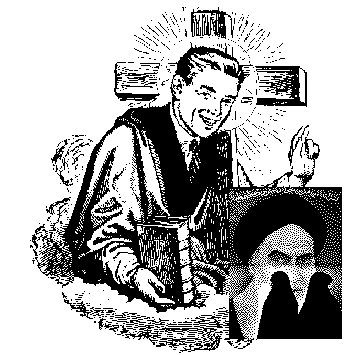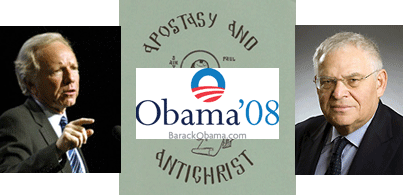
In this American presidential campaign just about every possible prejudice has been let out of the soap box and it’s not even June. There was a Mormon, but Mighty Mitt dropped the ball when he was kicked in the polls by a Baptist preacher who plays the guitar. There is, though many wish we could see “was”, a woman who had already decorated the White House and whose husband would in turn (pun fully intended) be the first former president-spouse, not to mention the first admitted philanderer to get a second chance to serve tea on Pennsylvania Avenue. And there is a Black man, whose Kenyan father’s skin color seems to trump his white Kansan mother’s nurturing. And, by the way, he has a name that rhymes with Osama. And don’t forget that his father was born a Muslim. If this were American Gladiators, the battle would be simple indeed: White Naval hero who survived the Hanoi Hilton and answers to the call of Maverick vs. the young Chicago machine Black Muslim who, in the words of George Bush the Elder, kicked some — (rhymes with crass, which it is) in the primary (no matter how the folks in the backwoods down in the WV hills vote today).
So it’s full steam ahead for the mean-spitted Swift (and I don’t mean Jonathan) Boaters. Yesterday’s New York Times allowed one of the piratical advisors of John McCain a forum to broadside Obama. This was Edward N. Luttwak, whose overtly rhetorical and inadvertently satirical “President Apostate?” landed like an unexploded shell on the crowded stacked deck of media-hardened pundits. Luttwak takes his sly secular cue from the Left Behind armageddonites, viewing Arabs and Iranians as part of the Gog and Magog crowd out to destroy Israel. For those who love the plot of a clash of civilizations leading to a real-time nuclear armageddon, Luttwak obliges with a medievally-minded attack on Obama’s personal faith. Continue reading Not So Swift Boat Apostasy


